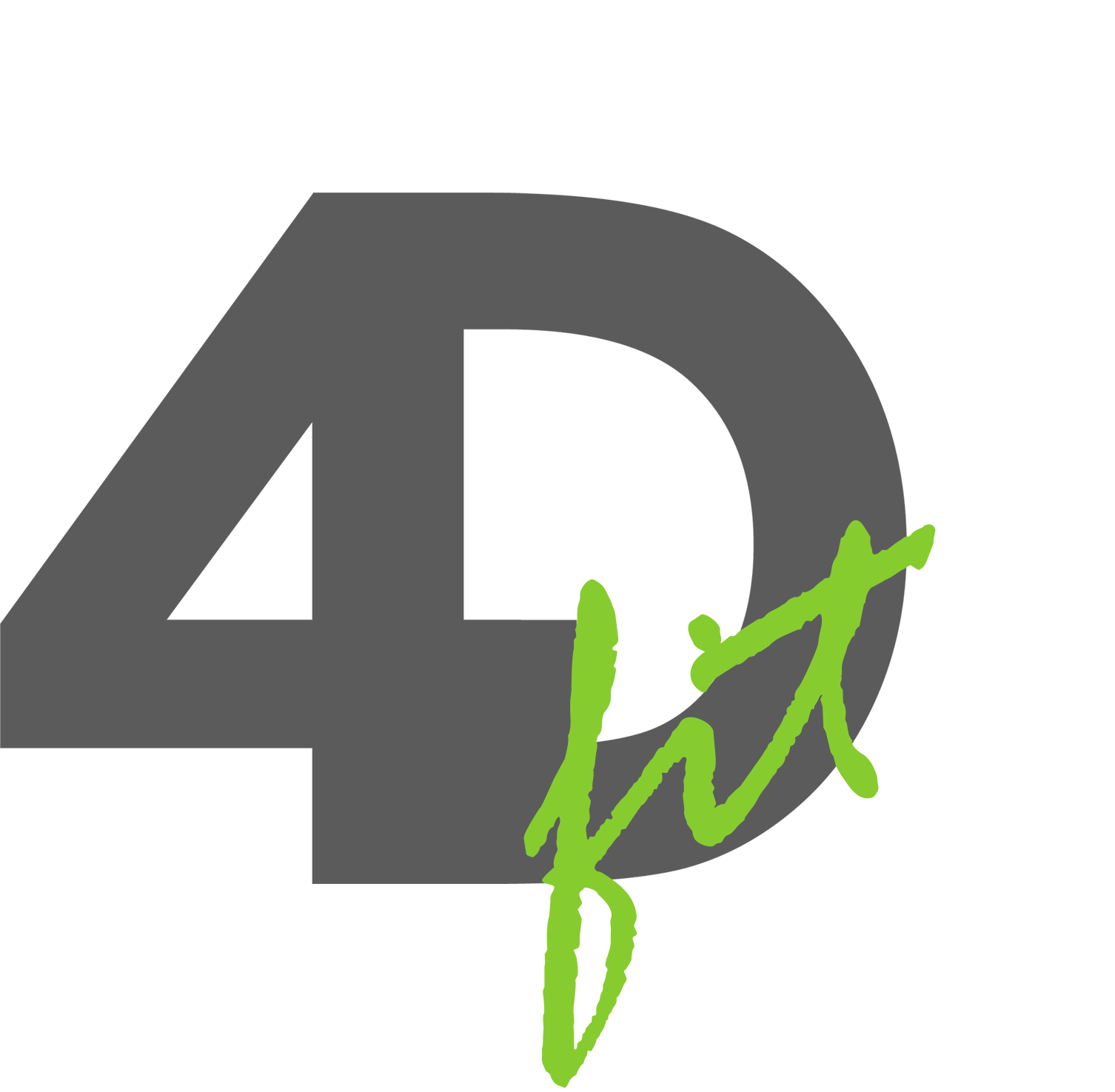How does men's health intersect with the LGBTQ+ community?
My latest article illustrates the importance of intersecting men's health with LGBTQIA+ Pride.
Did you know June is Men's Health Awareness Month?
(I didn't, until I looked it up.)
Did you also know that sexually active gay and bi/pansexual men (even those in monogamous relationships) are STILL not allowed to donate blood?
(I did, as I'm always irritated when desperately asked to donate and have to repeatedly explain that I'm not allowed because I'm a married gay man.)
So my thanks to Men's Health Magazine for understanding the importance and intersectionality of men's health that (as luck would have it) also occurs during LGBTQIA+ Pride Month!
Gender health is NOT a zero-sum game
While the mere mention of "men" can trigger the unconscious stress response of some, promoting men's health does NOT diminish the awareness or importance of women's health, transgender health, or the health of non-binary or gender non-conforming individuals.
Rather, it's an important intersection of gender health that impacts us all in some way---even those in the LGBTQIA+ community---from those of us who were born male to the other men in our lives, including fathers, brothers, sons, boyfriends, partners, lovers, husbands, uncles, friends, coworkers, neighbors, etc.
In a society struggling with SO MANY physical, mental, emotional, and behavioral health challenges, what we need MOST is greater awareness and care, not less.
Reducing stress, stigma, and stereotypes
When we place moral judgement on certain people and behaviors (as part of our unconscious stress response), we continue to stigmatize mental, emotional, and behavioral health challenges that prevents us from seeking, finding, and providing the care and support we ALL need to be our healthfully honest authentic selves, to contribute in ways that help everyone.
With SO MANY gender stereotypes still yet to be shattered to truly achieve a fair, just, and equitable society, however, we must continue to navigate our unconscious stress responses (driven by our amygdala) that have been conditioned to competitively pit one group against another; to redirect the conscious energy of our prefrontal cortex (that powers comprehension, compassion, impulse control, and emotional regulation) to focus on finding ways to reduce stress, shame, and stigma, to bring people together to promote health, healing, and well-being for all.

